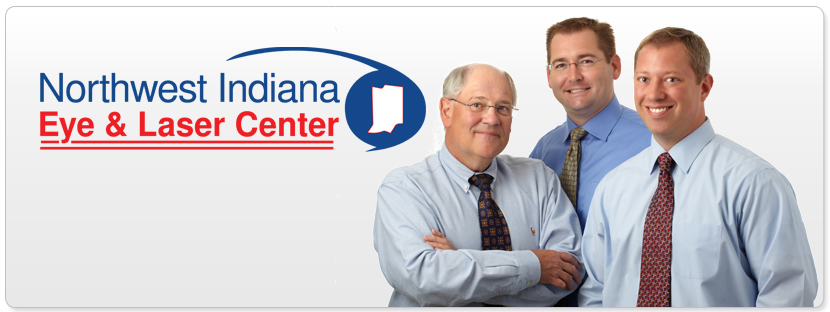 |
| Scott Buck, M.D. |
5 Steps to Lower Your Risk of Eye Disease
By age 65, one in three Americans will have a vision-impairing eye disease. Many sight-robbing conditions can be effectively treated if detected early enough, in many cases limiting or eliminating the damage to eyesight. Four eye diseases-age-related macular degeneration (AMD), diabetic retinopathy, glaucoma and cataracts-account for most cases of adult blindness and low vision among people in the U.S. Because these eye diseases cause no pain and often have no early symptoms, they do not automatically prompt people to seek medical care. But a thorough eye exam can detect them in their earliest stages allowing early treatment which is vital because it can slow or halt disease progression or, in the case of cataracts, restore normal vision. A thorough eye exam can also detect other health conditions, such as stroke, cardiovascular disease, diabetes, high blood pressure, autoimmune diseases, sexually transmitted diseases and some cancers. Here are some steps to helping preserve your eye health and vision:
Get a Comprehensive Medical Eye Exam at Age 40-Early signs of disease or changes in vision may begin at this age. If you have not already had one, a comprehensive medical eye exam is an opportunity to carefully examine the eye for diseases and conditions that may have no symptoms in the early stages.
Know Your Family History-Certain
eye diseases can be inherited. If you have a close relative with macular degeneration, you have a 50 percent chance of developing this condition. A family history of glaucoma increases your glaucoma risk by four to nine times. Talk to family members about their eye conditions. It can help you and your eye doctor evaluate your risk.
Eat Healthy Foods-A diet low in fat and rich in fruits, vegetables, and whole grains, benefits the entire body, including the eyes. Eye-healthy food choices include citrus fruits, vegetable oils, nuts, whole grains, dark green leafy vegetables and cold water fish.
Stop Smoking-Smoking increases the risk for eye diseases such as cataract and age-related macular degeneration (AMD). Smoking also raises the risk for cardiovascular diseases which can indirectly influence your eye health. Tobacco smoke, including second-hand smoke, also worsens
dry eye.
Wear Sunglasses-Exposure to ultraviolet UV light raises the risk of eye diseases, including cataract, fleshy growths on the eye and cancer. Always wear a hat and sunglasses with 100 percent UV protection while outdoors.
If you have not had a comprehensive medical eye exam be sure to schedule one by calling Northwest Indiana Eye & Laser Center at 219-464-8223, or visit
Northwest Indiana Eye & Laser Center,
Google or
facebook.com/nwindianaeyeandlaser.
Northwest Indiana Eye & Laser Center offices are located at 502 Marquette Street, Valparaiso, Indiana 46383 and 1001 South Edgewood Drive, Knox, Indiana 46354.


